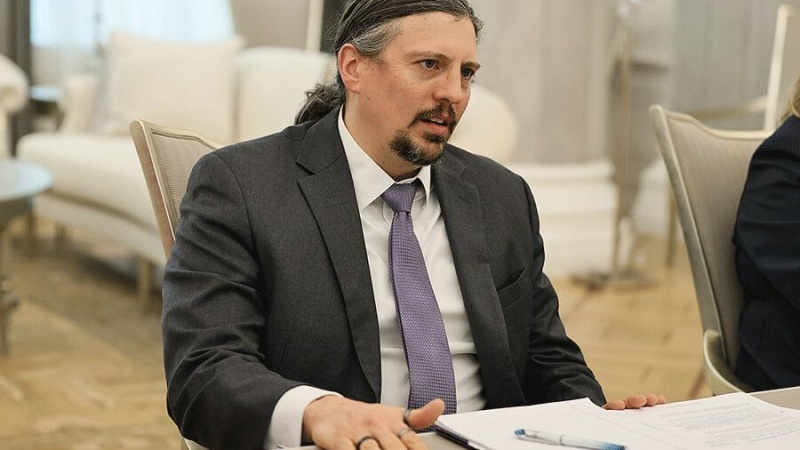Richard Nephew, the architect of Iran sanctions in the Obama administration and an Adjunct Fellow at the Washington Institute for Near East Policy, made it clear in an article that nowadays, with respect to the news strategic developments and challenges which are tangible more than ever for execution of sanctions against Iran, renewal of international sanctions against the Islamic Republic of Iran in the way of the past years has become hard. Nephew reiterated in his article, which was published on the institute's website, that now the really troublesome part is to execute international sanctions against Iran.
Sanctions won't be executed automatically
Nephew, referring to the failure of US efforts to make a new consensus against Iran, stated that in spite of the assumption of some people, "designing, control and execution" of sanctions is very hard and needs consumption of massive energy.
This former American official likened this situation to a duck swimming in a calm water while moving its feet under water with difficulty.
Mentioning the difficulties of execution of sanctions, he wrote,
"It may seem that, in theory, the sanctions are executed automatically, but in reality is not like that. For instance, Iran does not accept to observe the ban on imports of missile parts and the companies, shipping and banks are doing the same automatically."
According to Richard Nephew's announcement, before the JCPOA in 2006 and with regards to such intricacies, the United States had reminded of consequences of non-execution of sanctions to governments, banks and parties providing services. He adds that, finally, the US, through creation of a structure called, "secondary sanctions", made these sanctions significant and announced that anyone who enters dealing with the parties sanctioned on behalf of Iran, will be omitted from the US financial system. Nephew continues, "As this article makes it clear the battle of Iran sanctions ending in the JCPOA was broad and hard to design. The new implementation of it will be difficult, especially now that the Islamic Republic of Iran and other enemies of the US are more aware of their hazards and vulnerable points."
Nephew, then, writing the sentence, "Presently, Iranians protect themselves and their properties more efficiently", announces that "Trump's maximum pressure approach somehow confirms this. This policy had notable economic effects on Iran, but didn't lead to reaching a new nuclear deal in the time of Trump's exit from power."
Challenges of intensifying international sanctions against Iran
This former US official, then points to the global developments during the recent years, and stresses, "For the recent years, the levers of pressure on Iran for responding to sanctions have become broader and more updated."
He announces that the Islamic Republic of Iran is stronger than the past and has thousands of active centrifuges.
In the end of his article, Nephew writes, "Today, this issue that there was an agreement in 2015 which was accepted by most of the International Community, will be a challenge for intensifying sanctions. Repeated raising of arguments on its insufficiency my not be convincing for many countries which do not see a direct threat from Iran's peaceful nuclear program."
The
architect of Iran sanctions admits that an international sanctions
battle needs international cooperation to be executed; and this does not
exist at the moment.
/129

